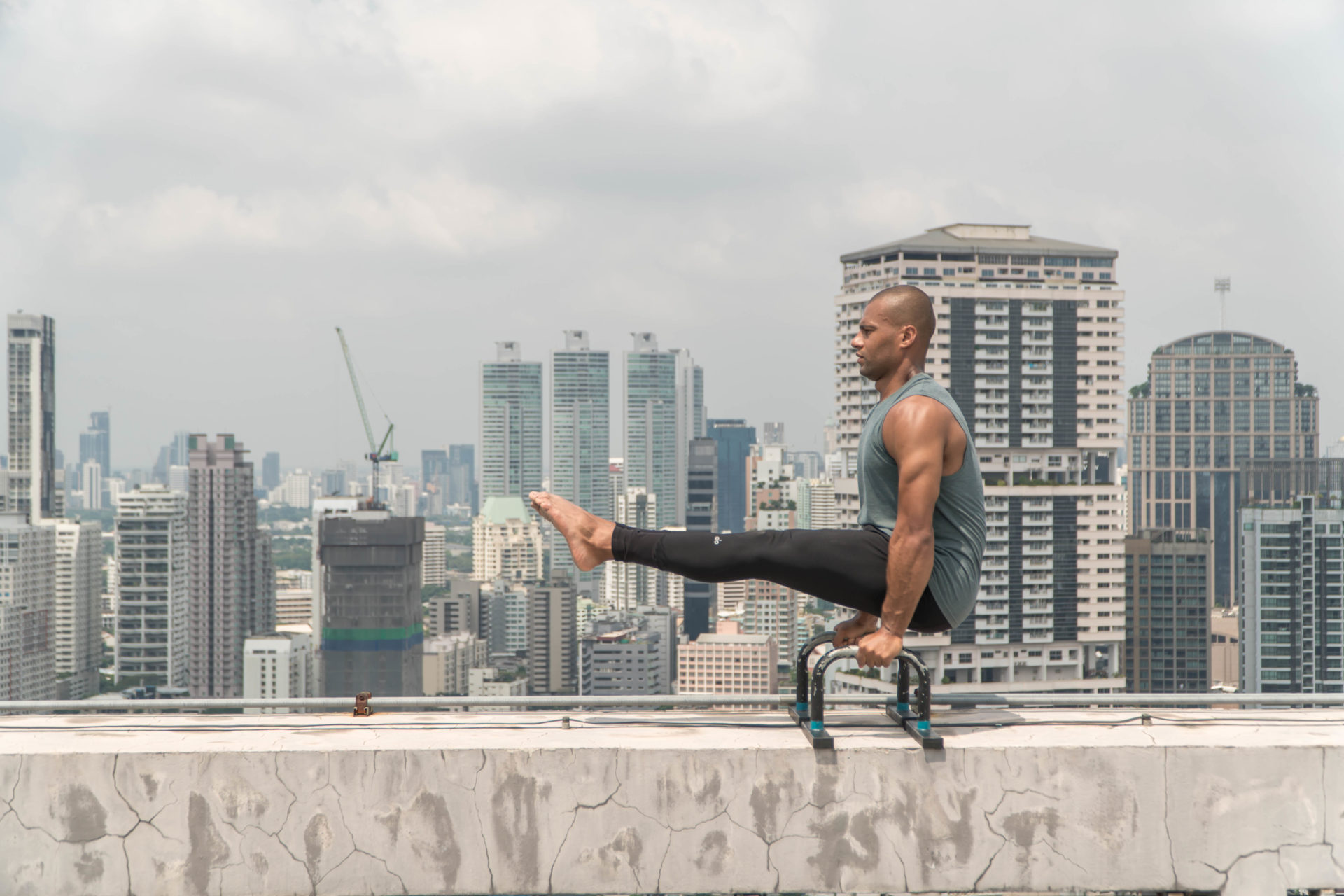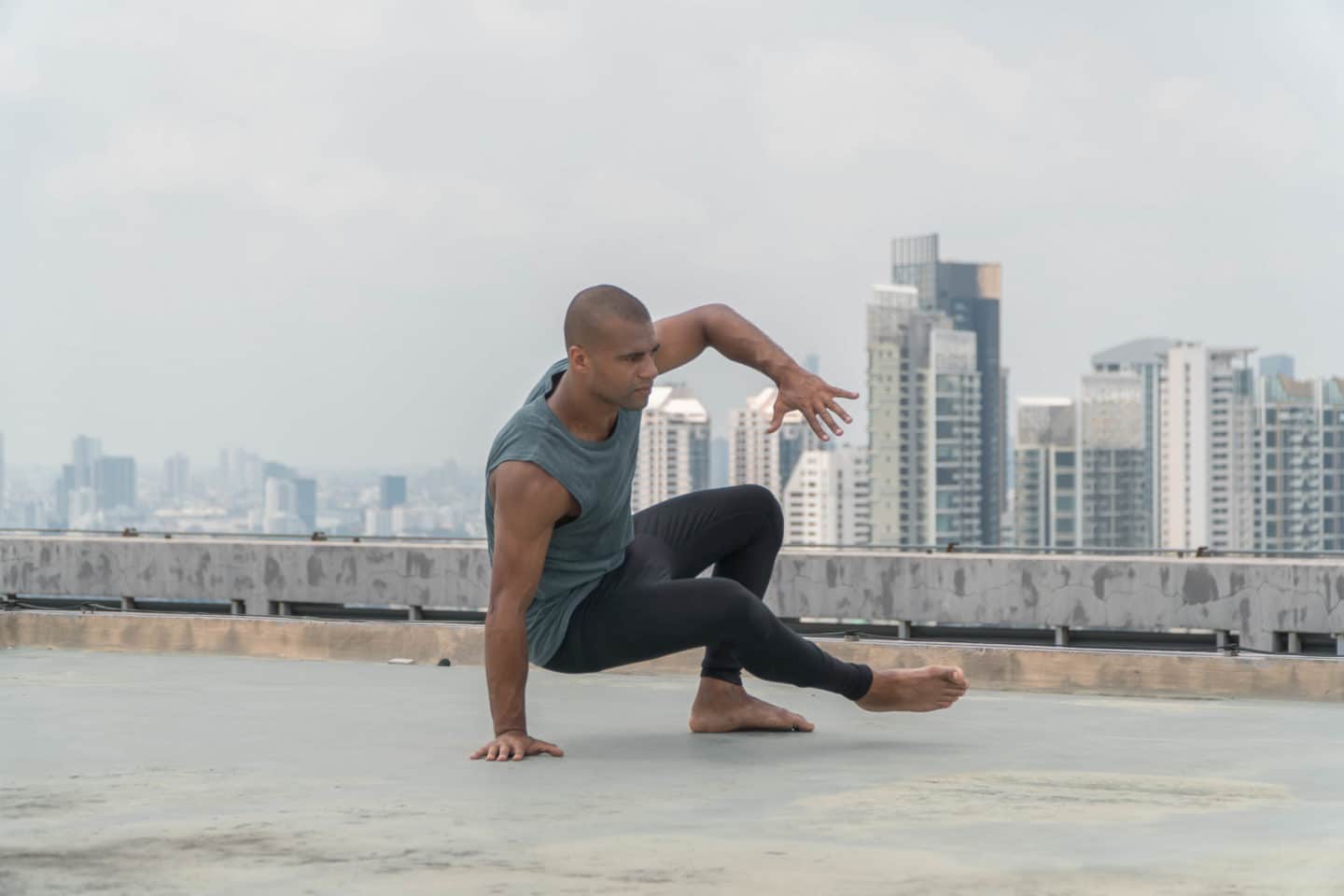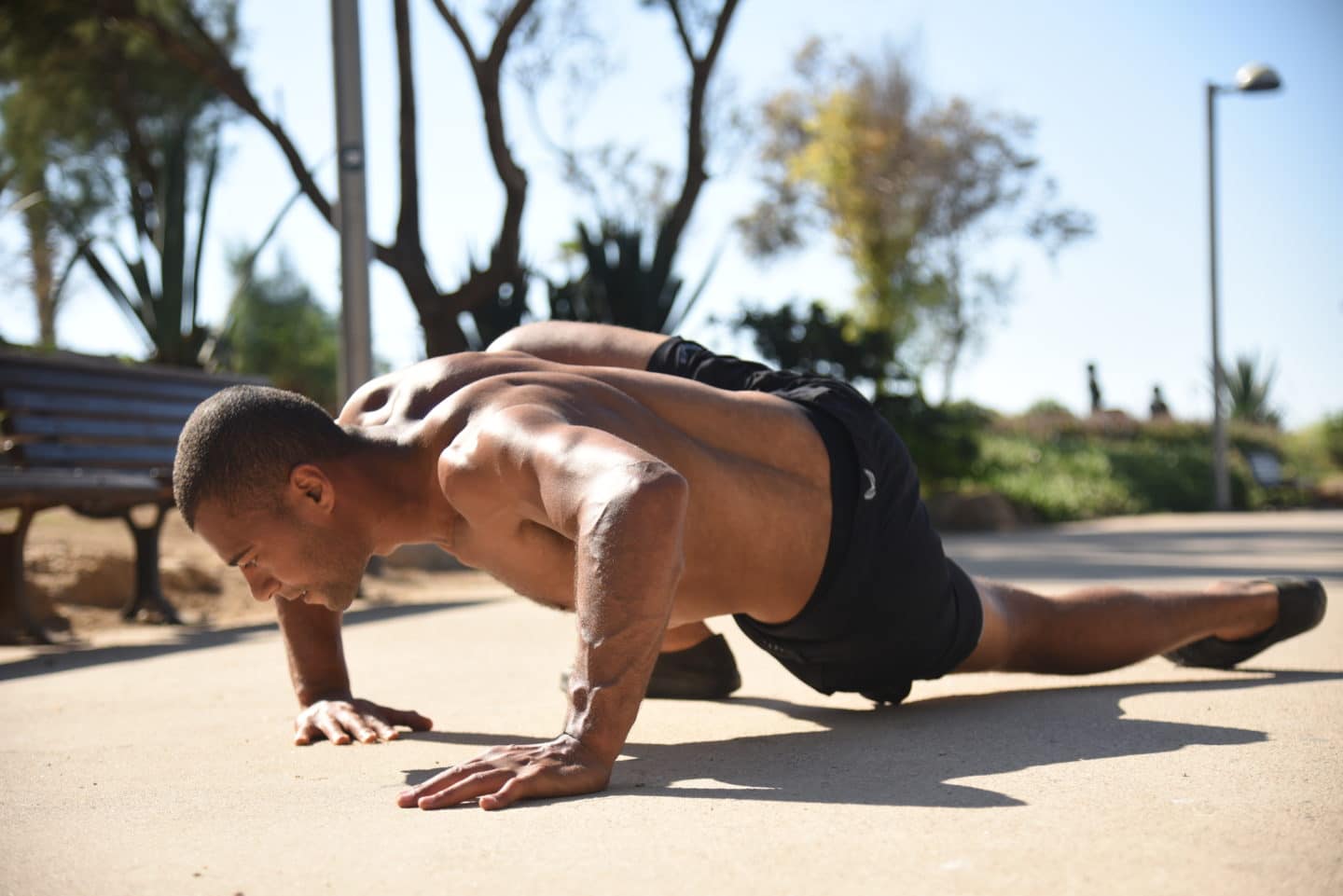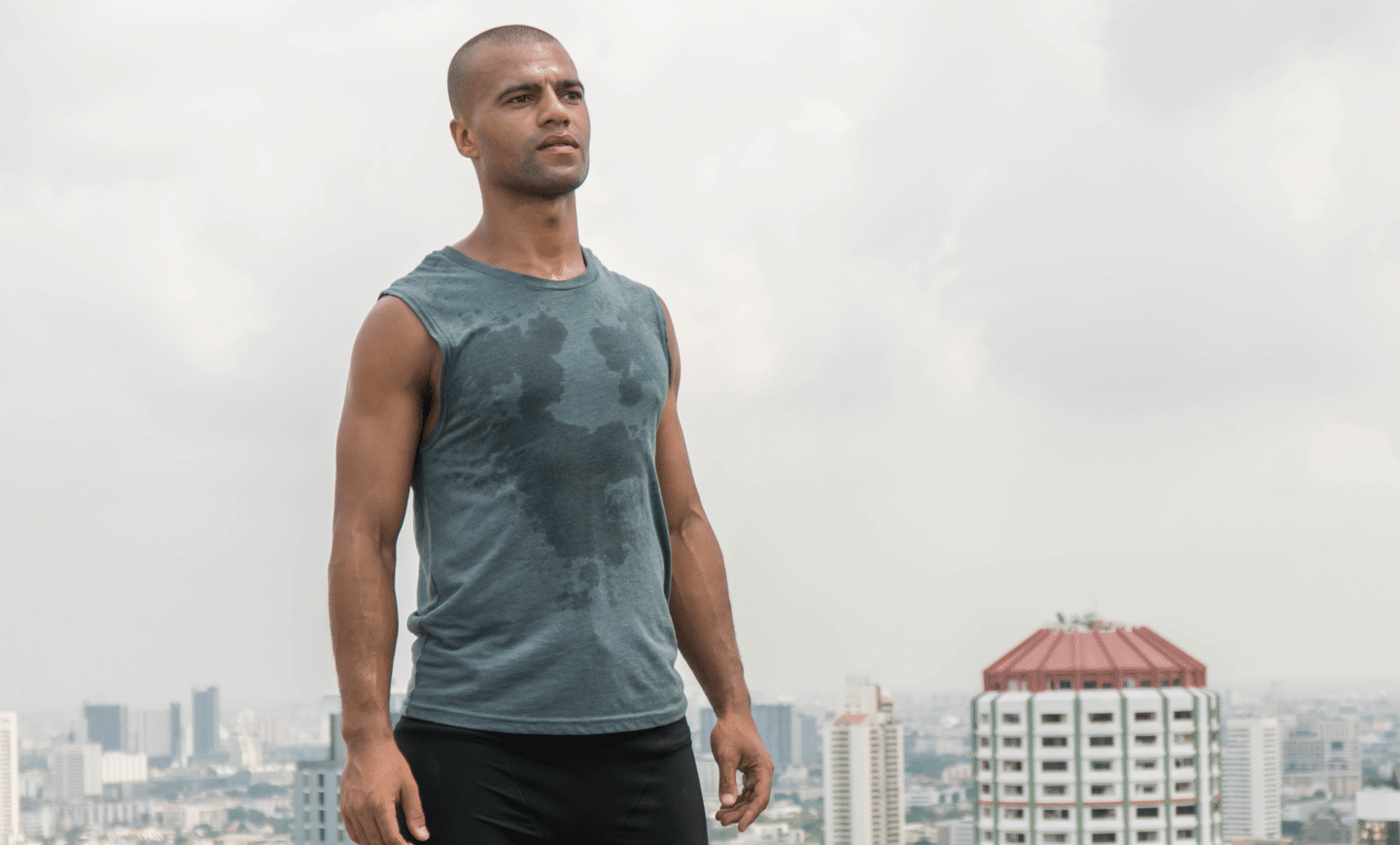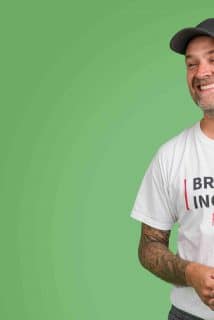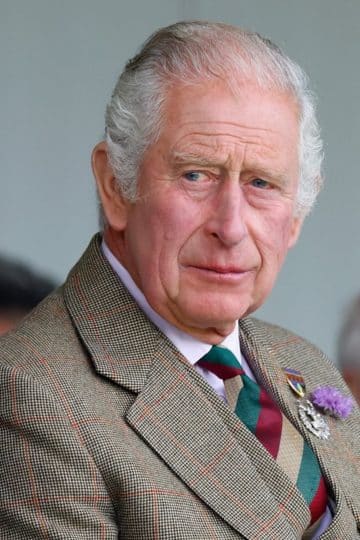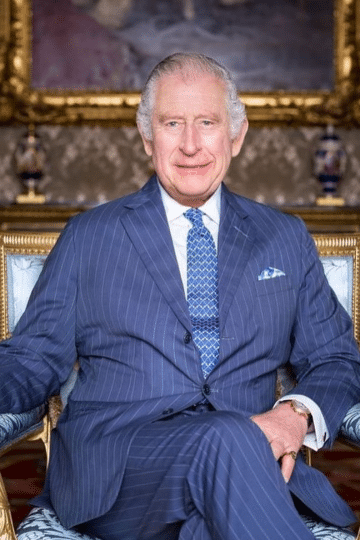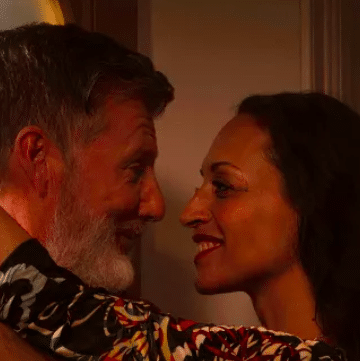A workout to boost your intellect and mental health
Health
Reading books, doing calculus and analysing poems might be only half of the equation - training and exercising might be more helpful for your brain than you may think.
Kemo Marriott, 29, is not your average personal trainer. He is one of the new leading proponents of workouts that are meant to help brain-development and get you healthy at the same time. Six-packs as an end-goal is old hat, men are increasingly looking at conditioning themselves inside and out.
Marriott says he has been into sports and fitness since the age of three, and was scouted by Leicester as a kid. After moves into rugby and boxing, he got a degree in Politics, Philosophy and Economy, but after an uninspiring internship at a bank, moved into personal training. What was supposed to be his plan b, turned into an excitingly smart vision which led to Kemo being nominated as one of “London’s male fitness elite” by the Evening Standard.
He had set up Holistic Motions in London, where he wanted to “provide a 360-degree service to optimise health and well-being for the long-term” for his clients. However, now he has set up a new project, called The Brotherhood, which is taking the body and mind relationship to new levels.
The Brotherhood
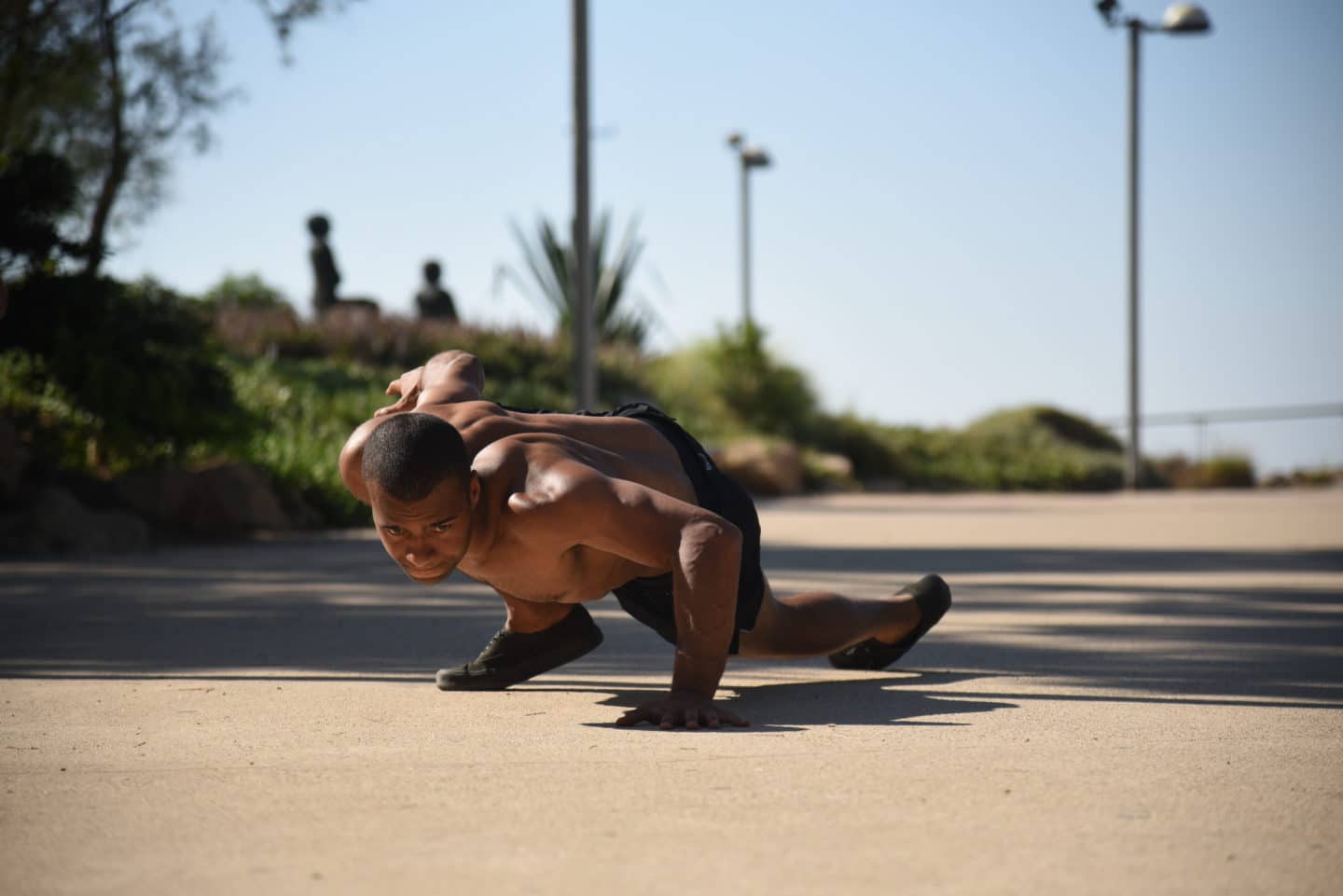
Now working from Bangkok in Thailand, Kemo explains, “I left London and I started a new project called ‘The Brotherhood’. It’s an online platform of programmes designed for you to learn skills, explore movement and develop and express athleticism.”
The concept behind Kemo’s community of “training brothers” is training to stimulate your brain and your athletic abilities, rather than looking a certain way.
“All of the programmes are based on gymnastics, calisthenics, there’s some traditional strength training but a lot of the conditioning that I do is more athlete-specific and has got a lot more three-dimensional movement and explosive power. It entails a huge variety of programmes but the reason I suggest doing it is to develop your brain.”
The science behind the regime
According to Marriott’s research and training plans, every movement we make is mapped in our brain. “So, a movement is an imprint of body parts in the brain and the more that you stimulate body parts the bigger those imprints get. If you were to create an image of what your brain thinks your body looks like you would have huge hands, you’d have really big lips and a really big tongue and then other body parts would be much smaller because those are the body parts we use a lot more” he added.
Kemo’s training programmes are designed specifically to stimulate the creation of the “movement map” in your brain. “There are things in your joints, muscles and skin — called proprioceptors — that are basically sensors that detect stretching, tension, speed, acceleration, pressure. Anything that you can experience is felt by these sensors and they send a beat back to the brain which builds these maps. That’s the mechanism of movement.
“It’s really important for us to try to stimulate the proprioceptors as much as possible so that you can really build that map, and to stimulate to sensors you’ve got to move with variety, move with complexity because that’s what’s stimulating the brain.”
Boosting your mental health
‘The Brotherhood’ programme isn’t just good for your brain after all. As Kemo explained it, training and exercising release dopamine — a “reward neurotransmitter” — that goes directly to the hippocampus, the part of the brain responsible for learning, declaring and memorising facts and information. The stimulation of the hippocampus “is also linked to improvements in IQ, focus and attention levels; all those things that help you be productive and successful,” Marriott said.
But it doesn’t end there. In fact, dopamine is not only a neurotransmitter, it’s also a feel-good hormone. That means, the more you train, the more dopamine you produce, the more luckily you are to be in a good mood. And that is great for your mental health as well. “It’s being shown in people with depression that there’s a chronic lack of dopamine. There are obviously a lot of other factors that impact on mental health that exercising won’t cover, so relationships with other people and that sort of thing, but as a good intervention, if you’re not exercising and moving frequently, that’s a very good thing you can do to boost your mental health.”
Customisation is key
If you think you can get away with a couple of sets press-ups, you might want to think again. “There never has been the same workout either with my clients themselves or amongst my clients. Everyone has a different workout, also depending on the day they had. If my clients are highly stressed, I would avoid hip workouts because they would just add more stress. They would need to do more relaxing and flowing type of exercises.
“I always ask my clients to keep track, and sometimes I track their development as well. Several times I have also used what’s known as ‘Omegawave’ — a creation by a South African doctor — which monitors neuroactivity in my clients and let me know what exercises they are ready or not ready to do.”
Kemo’s approach to training is anything but conventional but maybe that’s what we need: comprehensive methods of training rather than going to the gym, lift a few weights, and make sure that Instagram has seen out oiled guns.
Trending

Join The Book of Man
Sign up to our daily newsletters to join the frontline of the revolution in masculinity.




